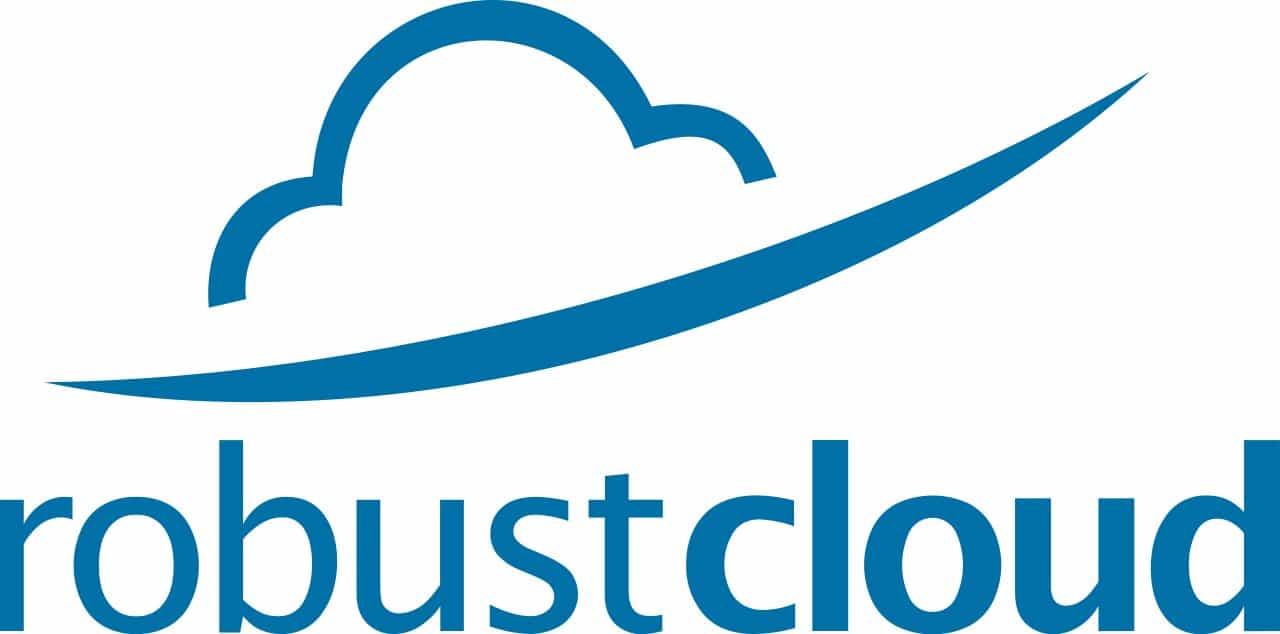Enterprise IT‘s focus is moving from software development to data analytics, so it is not surprising that attention is also being paid to help them address these needs. The exhibit hall at the recent Strata conference (run by O‘Reilly Media) was packed with start-up companies demonstrating innovative data analytics solutions. One of the challenges in implementing analytics is customers‘ lack of skills. A common theme among start-up solutions was overcoming that skills barrier. Some of these solutions were designed to help users get started with simple BigData initiatives and then progress to solving more complicated problems.
Krish Krishnan from Sixth Sense presented on the first day of Strata and made an interesting comment on one of his slides: “The Gen Z and Millennial Generation of buyers will not be swayed by traditional engagement models of selling products and services.” Having worked with large enterprise vendors, I have seen many sales deals closed based on relationships between vendor account teams and enterprise IT buyers that often take years to cultivate. Customers take a long time to develop solution requirements in the form of Requests for Proposal (RFP) and then mandate proofs of concepts from vendors before they make a buying decision. While Krish identified these buyers as just Gen Z and the future, I think anyone past generation Y are ready for a new model.
As a result, enterprise IT vendors have no choice but to spend countless hours on pre-sales efforts in order to battle competition and do their best to fulfill customers‘ requirements. The problem with this model is that it is expensive to manage and maintain, and customers may take months to reach a solution selection decision. This sales model fundamentally challenges business leaders to meet IT agility demands.
A number of solutions highlighted at Strata were designed to transform the status quo of enterprise IT purchasing behavior. Innovative vendors help customers easily analyze their data in order to visualize a probable pattern that detects anomalies and identify opportunities to improve productivity. Platforms leveraged popular cloud services to make it easy to develop and deploy solutions. Vertical solutions targeted specific industry issues with the goal of harvesting useful information from the data.
For those companies that need specific skills, there were systems integrators who offered enterprise ready analytics solutions on the cloud. These approaches allow customers to quickly evaluate solutions and progress on their journey to adopting BigData initiatives.
In the past, on-premises solutions often required dozens of Compact Discs to simply install the product. This kind of complexity is no longer acceptable to the new breed of enterprise users. Instead, they want sales approaches that help employees to make informed IT decisions faster. Product vendors that allow a solution to be tried out without handholding by an army of pre-sales technical staff remove the complexity of running a proof of concept. When a bake-off between multiple vendors can be completed in days rather than months (as was common in the past), enterprise agility is taken to a whole new level.
A common trend these days are for business users to bypass the IT department mandates. These renegades are often called “Shadow IT”. The need for Shadow IT as a way to out maneuver enterprise IT will be overcome by Generation Y employees delivering data analytics solutions to business users faster. With some of the simplicity demonstrated at the Strata conference, enterprise adoption of BigData is sure to accelerate. The winners will be innovative start-ups who cater to expectations of new enterprise buyers.
